A major ringleader for the Venezuelan Tren de Aragua gang was arrested in Colombia on Saturday during a joint operation between Colombian and Venezuelan authorities known as “Operation Border,” according to Colombia's Ministry of Defense and President Gustavo Petro.
Crackdowns in Colombia
The ringleader, identified by both his name, Jeison Alexander Lorca Salazar, and alias “Jeison Comino,” was one of the most wanted criminals in Venezuela and faces charges of terrorism, aggravated criminal association, arms trafficking, and extortion. Lorca Salazar was arrested in a “luxurious property” located in Los Santos, Santander, and has been identified as the second highest ranking member of the criminal organization’s presence in Colombia.
“Cae is the second most important head of the Aragua train in Colombian territory, and with the work of the Colombian police supported by the Venezuelan," President Gustavo Petro said in a post on X.
According to Colombian authorities, Lorca Salazar’s location was ascertained following the alleged criminal posting photos of firearms in an attempt to intimidate victims of the gang’s extortion operation. These photos, unknowingly to Lorca Salazar, contained information pointing to the alleged ringleader’s location, which ultimately led to the police operation that resulted in his capture.
"Once the corresponding procedures are completed, it will be handed over to the authorities of the neighboring country," Colombia's Ministry of Defense concluded in their statement published on X.
This operation follows another bust by Colombian police against Tren de Aragua in October, an operation in which five individuals believed to be members of the criminal outfit were arrested in Bogotá. These individuals were known to be involved in an extortion operation, a crime often attributed to Tren de Aragua, and the detonation of a hand grenade at the intersection of Avenida Ciudad de Cali and Calle 38 Sur, which left two dead and 10 others wounded a month prior to their capture, according to Carlos Fernando Galán, the mayor of Bogotá.
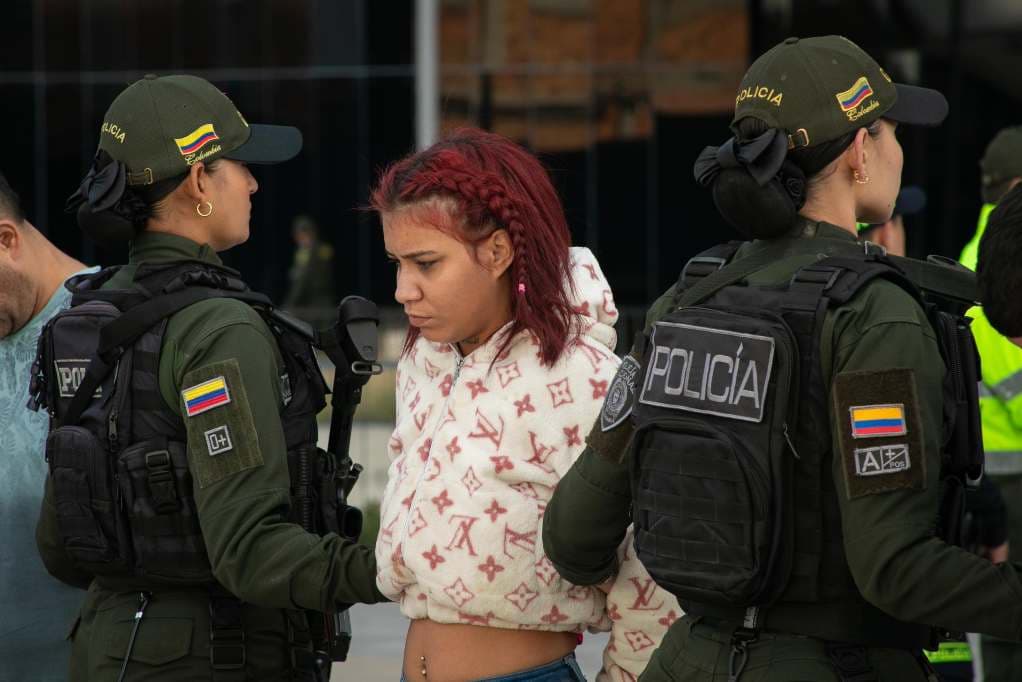
Those arrested include alias “Bellaco,” who is believed to be responsible for the detonation of the hand grenade, and alias “Francesca,” who is believed to be the leader of the organization’s presence in Bogotá and who often extorted those selling narcotics and the city’s local sex workers, charging those affected 100,000 pesos per month, according to a statement published by Bogotá's Mayor's Office.
Who is Tren de Aragua?
Tren de Aragua, otherwise known as the Aragua Train, is a Venezuelan prison gang formed in Tocoron prison, located in the state of Aragua. After a deadly prison riot in El Rodeo prison, which left 23 dead and 70 others injured, then president Hugo Chavez announced reforms for the country’s prison system, establishing the Ministry of People's Power for Penitentiary Service and placing Iris Varela, a politician loyal to Chavez, at its head.
Amid numerous issues within Venezuela’s prison system, including widespread corruption, overcrowding, crumbling infrastructure, poorly paid employees, and rampant gang violence, Varela chose to ally Venezuela with a number of gang leaders known as “Pranes,” a move that only intensified Venezuela’s issues within prisons.
This policy allowed Tren de Aragua’s most notorious leader, Hector Rustherford “Nino Guerrero” Guerrero Flores, to construct a large number of improvements to the prison, including a zoo, a nightclub, a restaurant, among other improvements, during his reign in 2012. Guerrero was also responsible for the expansion of the organization, first exerting influence in the nearby San Vicente neighborhood, where the gang began to establish a strict social hierarchy, establishing a number of rules regarding what the populace can and cannot do. The government, in a bid to limit violent confrontations with criminal structures, allowed the gang to exert this control with other organizations enjoying similar benefits across Venezuela in what has been termed “peace zones.”
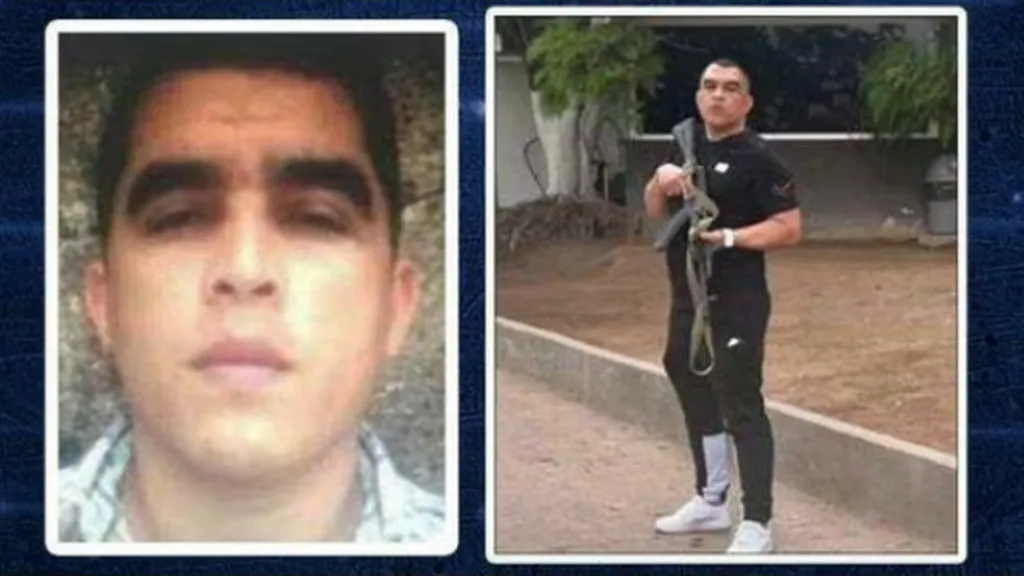
The organization began quickly expanding, establishing a presence in at least five of the 23 states within Venezuela either through conquest or alliances with smaller criminal groups. During this time Tren de Aragua established its main strategies to generate income, kidnapping Venezuelans and holding them for ransom, trafficking individuals, smuggling migrants, drug trafficking, illegal mining, and robbing a variety of businesses—crimes similar to those of MS-13, a Salvadoran gang formed in Los Angeles amid the Salvadoran Civil War.
The gang made its first move towards an international presence in 2018, establishing itself on the border between Venezuela and Colombia. It was here that the criminal organization met fierce resistance from the already established and highly sophisticated Colombian criminal outfits, the National Liberation Army (ELN) and Clan del Golfo, also known as the Autodefensas Gaitanistas de Colombia (AGC). These groups had been active within northern Colombia and southern Venezuela for decades, with both of these groups tracing their lineage back to the Colombian Conflict, an ongoing multifaceted conflict between right-wing paramilitaries, communist guerrillas, and Colombian forces that has raged on for over 60 years, making it Latin America’s longest ongoing conflict.
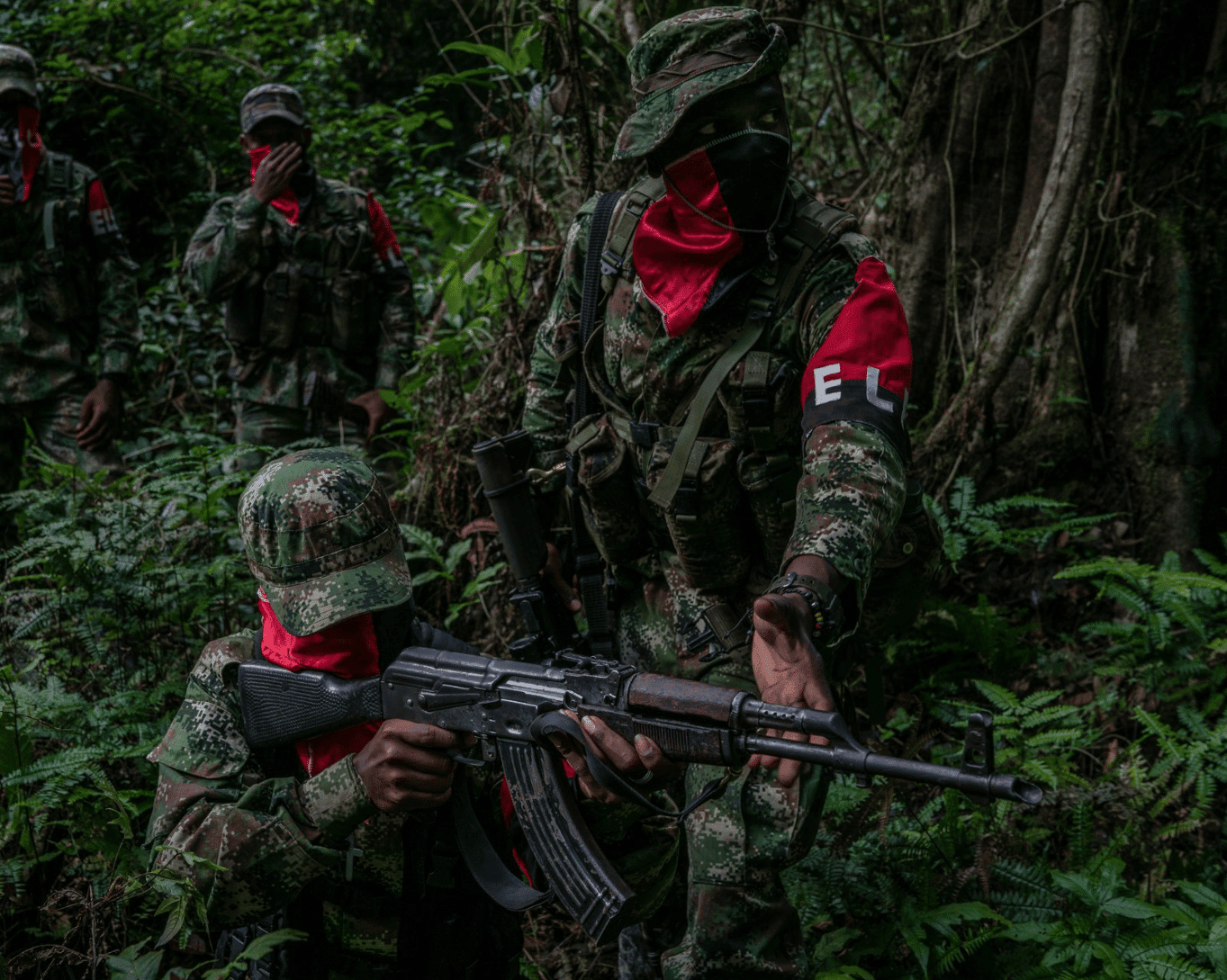
This position on the Venezuelan-Colombian border offered a massive monetary position, with Tren de Aragua beginning to extort and smuggle Venezuelans seeking to flee the drastic economic situation within Venezuela. Notably, the gang is known to provide shelter for migrants into Colombia, allowing them to incur a large amount of debt before exploiting them for sex trafficking, according to the United States’ Department of State.
Now, Tren de Aragua is believed to have established itself to some degree across the Americas, leading to heightened concerns from American politicians and analysts regarding the ever-worsening Venezuelan migrant crisis. While operations conducted by authorities from both Colombia and Venezuela show the governments’ intention to root out the gang from their countries, previous operations have failed to properly dispose of the criminal outfit, leading to concerns regarding their longevity amid government crackdowns.



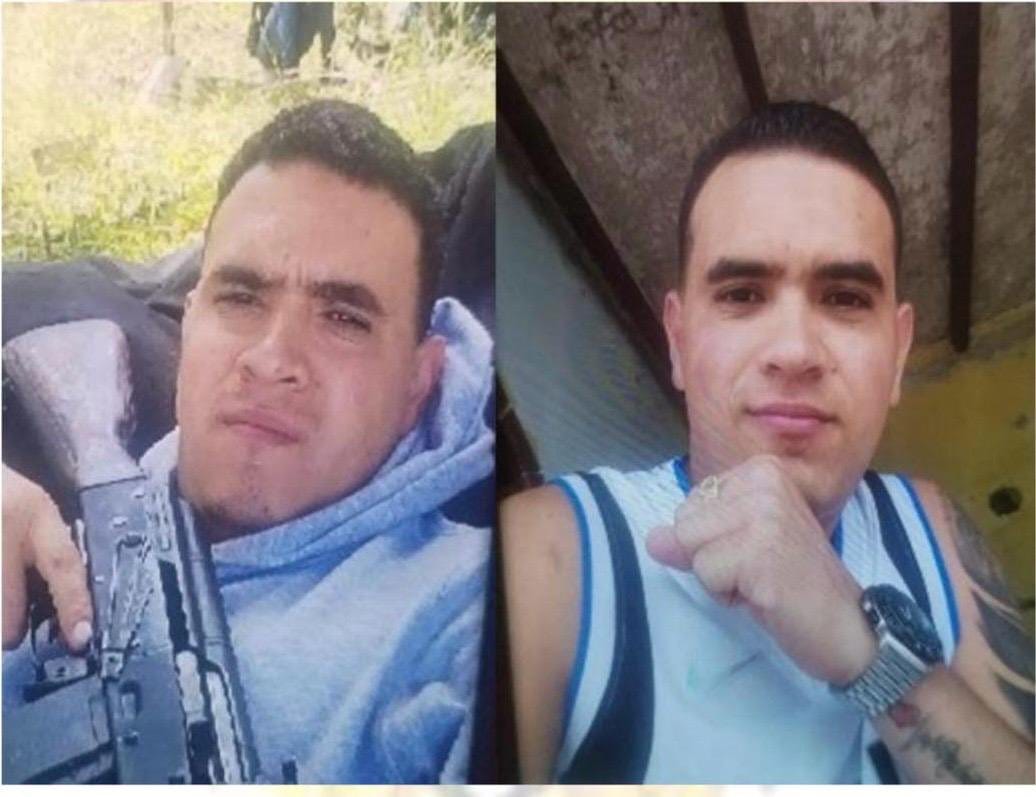
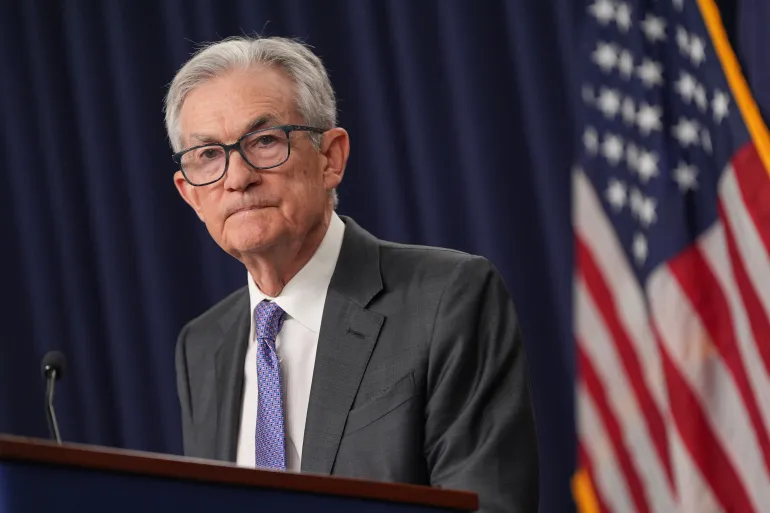


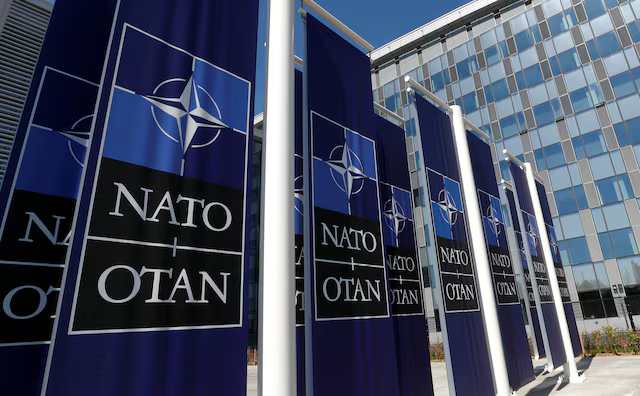



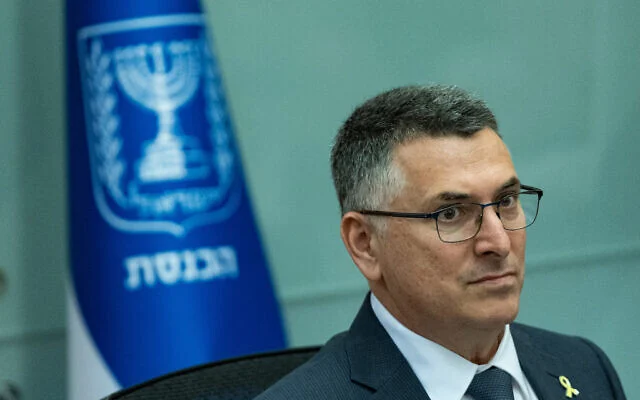

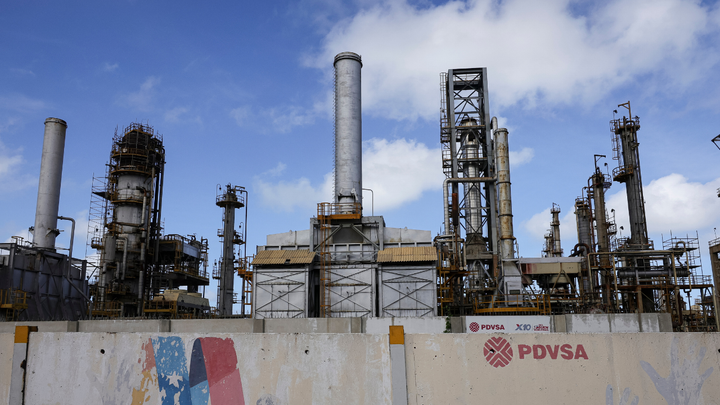

Discussion